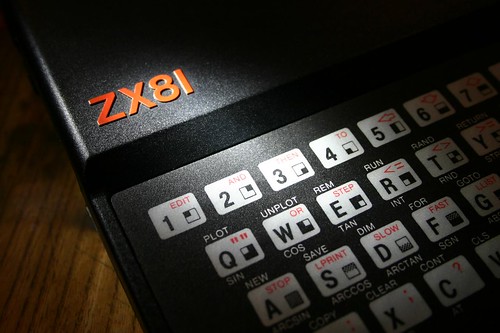Claire over at Mummys Bracelet has written about the drawbacks in the blind trust in technology and used a row of fun/scary examples about people who have followed the advice of their satellite navigation systems into dead ends, rivers and other traps. Ignoring their better judgment and the evidence of their own eyes.
This is the kind of stuff I have written about before but it reminded me that I had a book chapter called “Trust & Technology” in Swedish which has never been online so I decided that it was time to but the preprint where it belongs – unfortunately it’s in Swedish but I was very happy with the way in which the chapter turned out.
The basic point of the article is that we should not trust technology more than necessary and, more importantly, we should not allow experts exclude us from discussing the pros and cons of technology.


